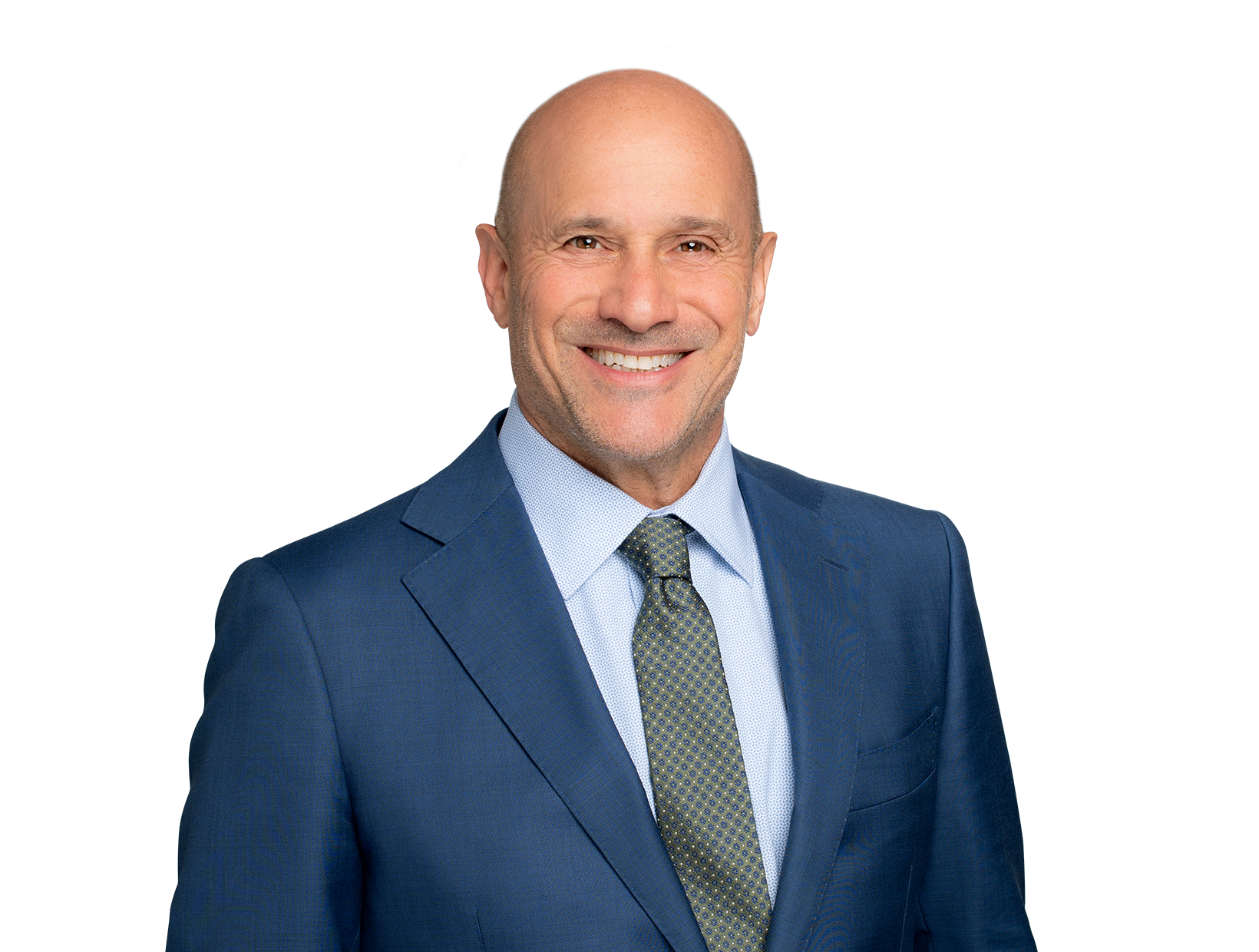Blog
Plaintiff's expert properly relied on defendant's customer surveys and internal record for apportionment
Fish & Richardson
Authors
-
- Name
- Person title
- Principal

On May 10, 2012, in Pact XPP Technologies, AG v. Xilinx, Inc., et al., Civil Action No. 2:07-CV-563-RSP (E.D. Tex.), Magistrate Judge Payne denied defendant Xilinx's motion to strike plaintiff's expert report and to exclude plaintiff's expert's testimony. The defendants contended that the expert improperly apportioned the patented features, erroneously applied the entire market value rule, incorrectly relied on disputed sales data, and merely recited the Georgia-Pacific factors to determine the royalty rate. The court rejected all of the defendant's contentions.
(a) Apportionment:
The defendants argued that the expert relied on the plaintiff's technical expert to attribute 30% of the value of the accused products to the asserted bus interface patents. However, the plaintiff claimed that it derived the 30% figure from the defendants' own customer surveys and internal reports. The court found that the defendants' criticisms went more to the weight of the evidence and not to the admissibility because the defendants failed to show that the expert relied on an unreliable or factually unsupportable apportionment methodology.
(b) Entire Market Value Rule:
The defendants claimed that the plaintiff's expert invoked the entire market value rule because the expert used the average sales price of the accused products to calculate the per-unit running royalty rate for the accused product. However, the court held that the expert properly apportioned the average sales price of the accused product because the expert apportioned the average sales price using the 30% apportionment factor and also made other adjustments to account for the profitability of the accused products.
(c) Reliance on Erroneous Sales Data:
The defendants took exception to the plaintiff's expert's opinion because the expert relied on the defendants' sales data that may contain errors. The defendants found that their sales reporting system counted sales multiple times and thus may have overstated the sales of the accused products. The court held that the plaintiff's expert properly relied on uncorrected sales data because juries resolve disputed issues of fact such as which sales accurately reflect sales of the accused products.
The opinions expressed are those of the authors on the date noted above and do not necessarily reflect the views of Fish & Richardson P.C., any other of its lawyers, its clients, or any of its or their respective affiliates. This post is for general information purposes only and is not intended to be and should not be taken as legal advice. No attorney-client relationship is formed.